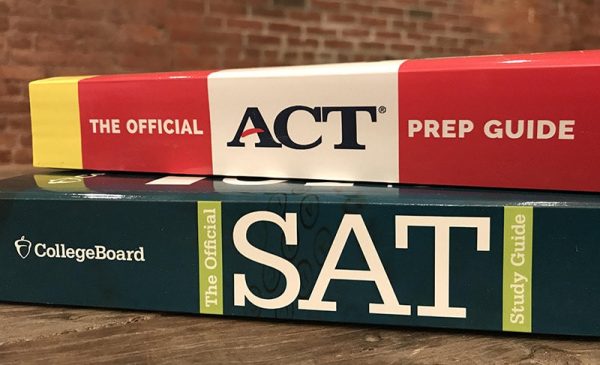Cannabis legalization across states begins a new era in criminal law and daily life
Illinois became the 11th state in Jan. 2020 to legalize recreational marijuana for adult use after Governor J.B. Pritzker signed the bill into law this past June. The law allows those 21 and older to buy marijuana at licensed dispensaries all around Illinois. Those dispensaries are centered mostly in the Chicagoland area. Illinois residents can possess up to one ounce (30 grams) and non-residents can have 15 grams, along with five grams of concentrated THC oils and 500 milligrams of edibles. Marijuana still remains illegal at the federal level, treating it as a controlled substance that will be unable to be transported across state lines.
“I don’t think there should be a number for how much marijuana one can obtain, but it should be an intent and should be looked at case by case,” health teacher Michael Naughton said. “Ultimately, it’s more of a question of the incarceration system. I am in favor of anyone that can be a productive person of society, not in jail.”
However, according to senior and Elevate club member Jessie Amaral and her knowledge from Elevate, if people really want marijuana, legal or not, they are going to find a way to get it because of hidden loopholes. Although the new law will remove the records of 800,000 people with criminal records as a result of purchasing or possessing 30 grams or less of marijuana, past marijuana convictions could take up to five years to be erased.
According to Vox.com, the legalization of marijuana prevents the hundreds of thousands of arrests around the US, the racial disparities behind those arrests, and diminishes illicit marijuana circulation to drug cartels that then use the money for violent operations.
“Although it may diminish the revenue to organized crime, my concern is that drugs that are highly addictive will be pushed now by organized crime and create larger issues of opioid use and other drugs,” AP Economics teacher Peter Duffer said. “I don’t think it mitigates the power of cartels.”
With the legalization of marijuana comes the question of medical marijuana. Although marijuana has been used as a medicinal agent for centuries, restrictive laws surrounding its use still exist. According to Naughton, if the use of medical marijuana is a universally accepted practice medically to treat these ailments, then there is a benefit to it.
“It gets cloudy around the medical side of this because individuals could claim they’re using it for medical purposes, but could still be using it recreationally,” Naughton said. “But from a medical lens, if it has a purpose and can alleviate the reliance on opioids in this country, then it should be used.”
According to Amaral, the human brain is not fully developed until age 26, therefore the use of a drug like marijuana can cause detrimental brain issues if used regularly before that age. As a member of the club, she has been educated by mentors and peers on the negative effects of drugs like marijuana and how it decreases reactivity, interrupts sleeping patterns and overall ruins the chances of performing at optimal level, academically and athletically.
According to Illinois Policy, Illinois has projected 700,000 users and expects $57 million in tax revenue and licensing in the first year.
“Colorado hit $30 million in 2018, so I think Illinois will collect more tax revenue,” Duffer said. “I hope that it lowers the government deficit for the state of Illinois because it would help us as taxpayers.”
The different alternatives demonstrate that even for people who support legalization, there are some choices to be made. It isn’t just about choosing between legalization and prohibition, but it also comes down to about choosing which form of legalization would produce the most benefits, whether it’s by reducing incarceration and weakening the violent black market for pot, or minimizing the negative outcomes of potentially increased drug use.
“Hopefully the state did their due diligence and research from the first ten states that legalized it and made a determination,” Naughton said. “In the end, I hope that the political decisions are being made in the best interest of the people and is safest for all in the end.”





